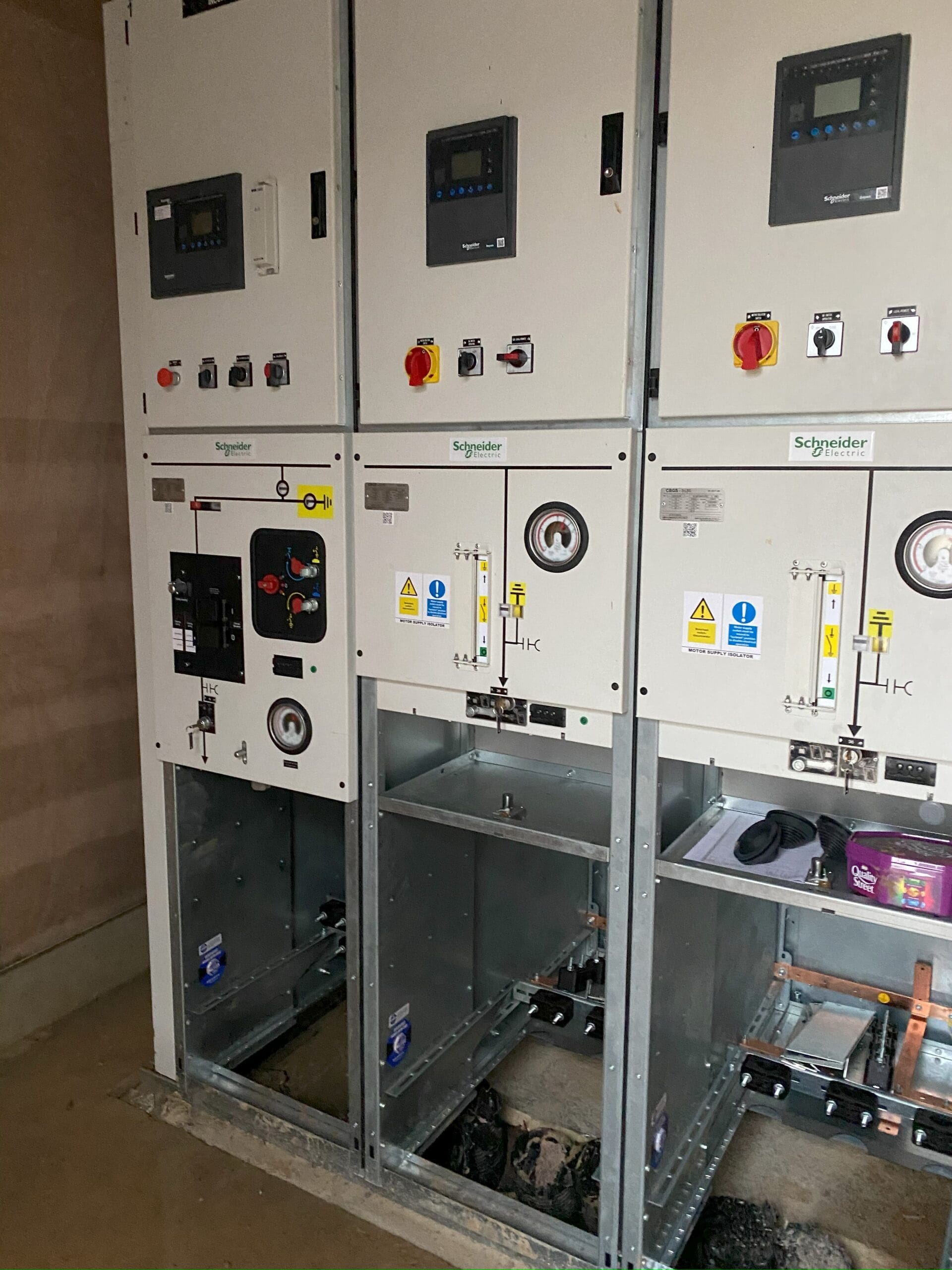The electricity industry in the United Kingdom (UK) plays a crucial role in providing a reliable and affordable source of electricity to households, businesses, and industries.
Power generation in the UK is predominantly fuelled by natural gas and renewables, with a small contribution from nuclear energy. The country has a diverse mix of electricity generation technologies, including coal, gas, nuclear, and renewable energy sources such as wind, solar, and hydro power. In recent years, there has been a significant shift towards renewables, with the UK government setting ambitious targets for the decarbonization of the electricity sector.
The transmission and distribution of electricity in the UK is the responsibility of National Grid, a state-owned company that operates the high-voltage electricity transmission network. National Grid is responsible for transmitting electricity from power stations to distribution companies, which are responsible for distributing electricity to homes and businesses.
Electricity suppliers in the UK are responsible for selling electricity to consumers. There are several different electricity suppliers operating in the UK market, offering a range of tariffs and contracts to suit different needs. Consumers have the option to switch suppliers in order to find the best deal for their electricity usage.

Overall, the electricity industry in the UK plays a vital role in ensuring a reliable and affordable supply of electricity to households and businesses. The sector is facing significant challenges as it moves towards a more sustainable and decarbonized future, but with continued investment and innovation, the UK can continue to provide a reliable source of electricity for its citizens.



